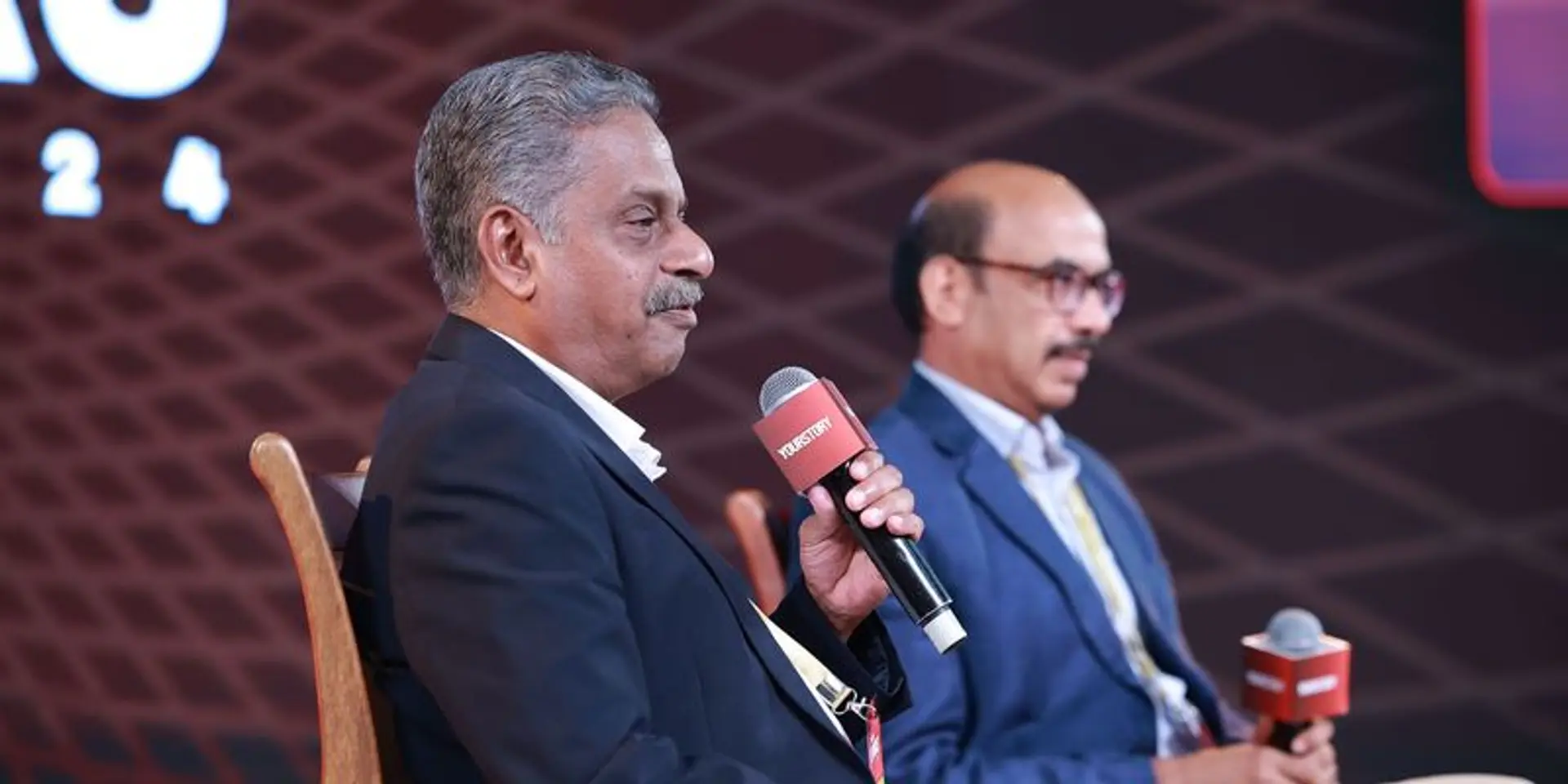Sustainability goals cannot be an afterthought for businesses anymore, say climate tech experts
Raj Mohan, Founder-Director of Sustainable Green Initiative, and Pratyush Kumar Panda, ESG sector expert and Founder of Basudev Panda Foundation, emphasised the significance of planting trees and developing environmentally friendly businesses.
Raj Mohan, Founder and Director of the Sustainable Green Initiative, has learned a thing or two in his journey of planting five crore trees across India—chief among them being that there's no space for "othering" when it comes to sustainability efforts or tackling climate change.
"Our elders frequently questioned if something was good for them, was it also good for the world. Then came Independence and the forest department was created, and suddenly our environment became someone else's problem. Nobody has that ownership feeling anymore," he said, while speaking at TechSparks 2024 in Bengaluru.
Mohan's personal odyssey in the realm of climate action began after he realised the profound implications of his actions on the ecosystem. As a commercial director at a printing firm responsible for the free Yellow Pages, he had to deal with a rude awakening after he stumbled upon some research indicating that as many as 70% of children in major urban centres suffered from bronchial issues.
"You can imagine the amount of trees that I directly or indirectly cut. It was some kind of a wake-up call."
Still, he finds hope in the growing, mainstream conversations around sustainability, which have at last taken root.
"We've been talking about a billion customers and a billion dollars, etc, etc. Why can't we just talk about a billion trees?" he quips.
Echoing his thoughts, Pratyush Kumar Panda, ESG expert and Founder of the Basudev Panda Foundation, a civil society organisation in Odisha, said this self-initiative applies not just to individuals, but companies of various shapes and sizes as well.
Panda emphasised that sustainability must be ingrained in a company's ethos from day one, starting with deliberate decisions like steering clear of non-clean technologies.
"If you're building a new unicorn today, you should be thinking about building carbon offsetting and decarbonisation of processes, from the outset," he said.
Carbon offsetting and decarbonisation are often confused, yet they serve distinct purposes. While carbon offsetting involves compensating for emissions by funding external environmental projects, decarbonisation requires reducing emissions at the source by shifting to cleaner technologies and processes.
Panda added that outside of India, investors and companies have started asking each other's net zero targets before engaging, and that trend has started influencing India as well, which is a step in the right direction.
"Everyone is going to one Bible on net zero goals called Science Based Targets Initiative (SBTI)," Panda said, referring to a global effort that helps companies set measurable, science-backed goals to reduce greenhouse gas emissions in line with the Paris Agreement's aim to limit global warming to well below 2°C above pre-industrial levels.
At an individual level, people can make a meaningful impact by inquiring with their management and investors about the progress their organisations are making toward environmental and sustainability goals, Mohan asserted.
In the venture capital and financing landscape, incentives can be designed to motivate companies to prioritise their carbon net-zero and offset goals, the two suggested, pointing to the example of global investment giant BlackRock, which adjusts interest rates based on the pollution levels of the companies it invests in—a strategy it calls "transition investing".
"The ESG factor has to be built into your mission statement from the first day itself," said Panda.

Edited by Megha Reddy








